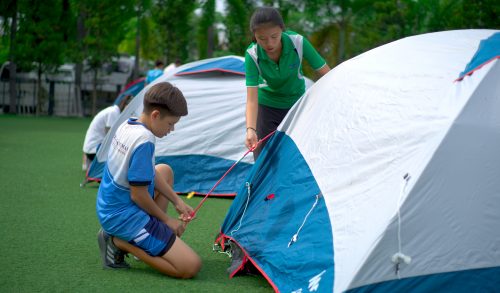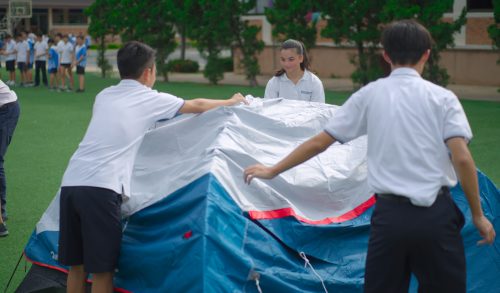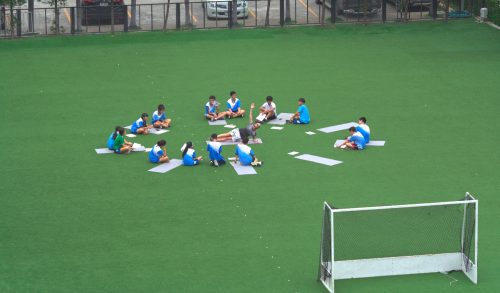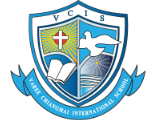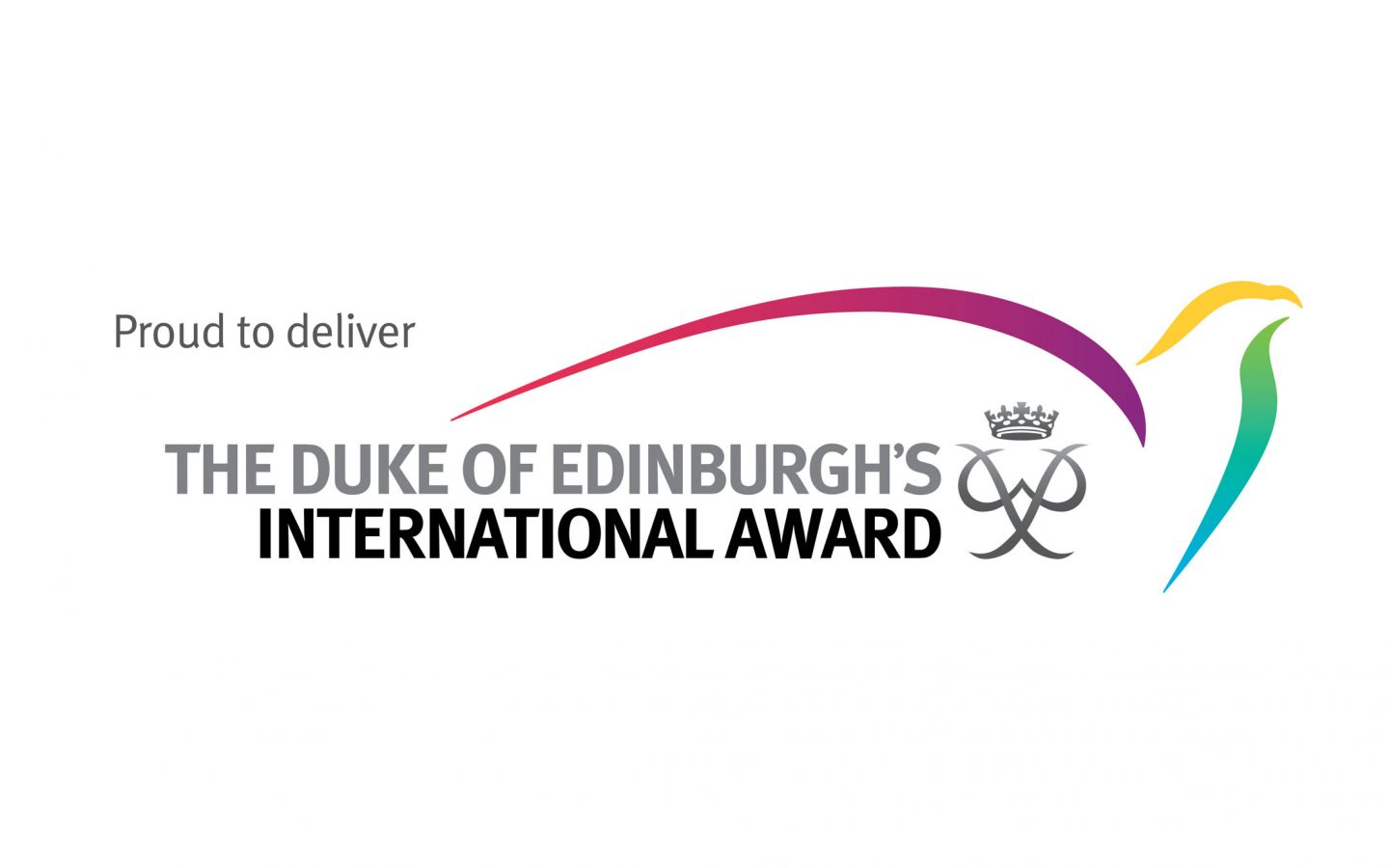
Duke of Edinburgh Award
Varee International School is proud to have been awarded International Award Centre status and to be able to provide this incredible, world class award to our students.
What is The Duke of Edinburgh’s International Award?
The Duke of Edinburgh’s International Award is the world’s leading youth achievement Award and equips young people for life in over 140 countries and territories across the globe.
The Award is available to all young people aged 14‐24. Doing the Award is a personal challenge and not a competition against others; it pushes young people to their personal limits and recognises their achievements consistently.The Award encourages young people to design their own programme of activities, set their own goals and challenge themselves to achieve their aims.
Since its launch 60 years ago, the Award has inspired millions of young people to transform their lives.Through non formal education,the Award can play a critical role in a young person’s personal development. You can find out more here www.intaward.org
What is involved?
The Award is comprised of three levels and four sections. Participants complete all four sections at each level in order to achieve their Award. At Gold level, participants also complete a Residential Project.
The three levels to the Award:
Bronze: for those over 14 years. 6 months minimum participation.
Silver: for those over 15 years. 12 months minimum participation
Gold: for those over 16 years. 18 months minimum participation
The four sections of the Award:
Service
Participants volunteer in their communities, make a positive contribution to society and demonstrate social responsibility.
Physical Recreation
Encourages young people to improve their fitness and performance and enjoy healthy lifestyles for good mental and physical well being.
Skills
Enables participants to develop their talents, broaden their abilities, increase their self‐confidence and improve their employability.
Adventurous Journey
Young people discover a spirit of adventure and gain a deeper understanding of the environment and the great outdoors.
And at Gold only:
Residential Project
Participants broaden their experience by staying in an unfamiliar environment with other young people,taking part in a worth while project and building new relationships.
Please also see the available resources for more information about the Duke of Edinburgh’s International Award:
Physical Recreation section
This section of the Award aims to improve the health, team skills, self-esteem and con dence in participants through training and perseverance in their chosen activity. This section is based on the belief that a healthy body is a good end in itself and can o en help to develop a healthy mind. Participants may take up a completely new activity, or seek to improve their ability in an activity that they already do.
The specific benefits will obviously depend on the type of Physical Recreation chosen. Some general benefits include developing a healthy lifestyle, increasing self-esteem, experiencing a sense of achievement, encouraging teamwork and enjoyment.
Participants learn by doing in keeping with the Award methodology of experimental learning. By introducing young people to enjoyable physical activity, they will hopefully develop long-term beneficial habits.
Service:
This section of the Award provides a young person with a sense of worth from having given service to others and their community. The opportunity to give service over an extended period of time also enables young people to witness and experience the benefits that their service provides to others and encourages them to become better citizens. Participants should undertake an activity where they give service to others, and they should learn and benefit from undertaking this service.
The specific benefits will obviously depend on the type of service chosen. Some general benefits include learning patience, tolerance and compassion, making a real difference to the lives of others, trusting and being trusted, as well as exploring and improving interpersonal and self-development skills, forming a life-long habit of community involvement and enjoyment.
It is more important than ever to listen and collaborate with young people to bring about positive change. Active participation in volunteerism, or service, through the Award enables young people to develop their knowledge, skills and maturity. In 2010, Award participants worldwide completed over 4.1 million hours of service within their communities.
Skills
This section of the Award should encourage the development of new interests or improve existing ones and practical skills. These interests are typically of a non-physically demanding nature and may be hobbies, vocational or job-related skills, social or individual activities, cultural activities or life skills. Participants should be encouraged to interact with people who are experienced in the activity and so can share their enthusiasm and knowledge.
The specific benefits will obviously depend on the type of Skill activity chosen. Some general benefits include increasing self-confidence by successfully setting and achieving a goal, refining awareness of one’s own potential, developing time management and planning skills, improving employability by learning vocational skills and enjoyment.
Participants learn by doing, in keeping with the Award methodology of experimental learning. The Award cultivates skills such as leadership, teamwork and cooperation as well as communication, which not only appeals to employers but which can also drive job creation and socio-economic empowerment.
